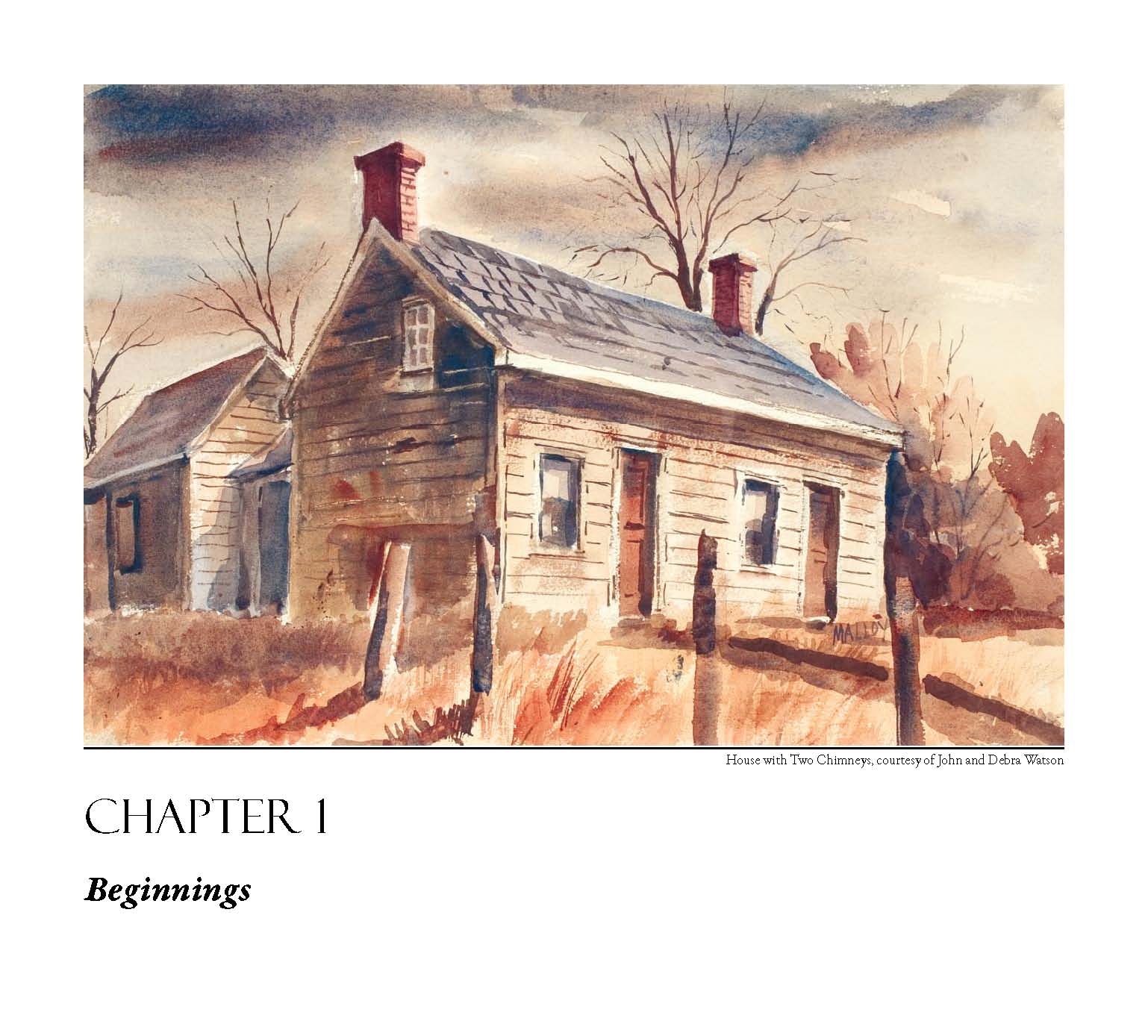The Ever-Present Shadow of Racism

Another diversion for members of Dillon’s country community was the County Fair. Yet this setting unfortunately brought one of Tom Mal- loy’s first poignant encounters with racism. The young boy recalls joining other “coloreds” at the fair, after eagerly changing out of their “Sunday best” clothing after church. They would all rush to the fairgrounds in hopes of gawking at various musicians and “freak show” acts.
However, after leaving St. Stephen’s Methodist Church,11 the Malloys and other blacks had to flock inside a small tent at the sepa- rate Negro Fair. Tom mentions that “thrills and chills” of excitement tickled his spine as he walked past the brightly painted wagons. Yet, he felt distinct resentment at the unfairness of the Fair. He and other blacks were also kept from eating the scintillating food that “white folk” were eating at the main part of the fairground. As a youngster, Tom therefore learned that mean-spirited injustice lurked even in the happiest of places.
Tom recalls clearly the way the cloud of racism came to darken bright days filled with childish play, explaining, “We played with the white kids up until a certain time. Then it was time to separate.” In addition to ceasing to play together, children recognized the racial boundaries after reaching a certain age because the black children had to start calling the white boys “mister” and the girls “miss” while the white children were taught to demand that kind of recognition.
Other incidences of racism were far more obvious and threatening to little Tom. He notes that his community adamantly warned him to be “respectful” of whites to avoid getting “roughed up.” Living in the days of legal lynching, Tom watched many terrifying lynch mobs ride through town in search of “bad niggers.” Trouble brewed for any black man who had dared to “sass” a white man or to flirt with or insult a white woman.
The Malloy family was not immune to the personal misfortunes of racism either. Tom’s own uncle was abducted and never found, after being accused of disrespecting the town’s whites. While southern life was not all struggle and toil, realities like Tom’s uncle’s disappearance made the boundaries of southern conduct painfully clear.
